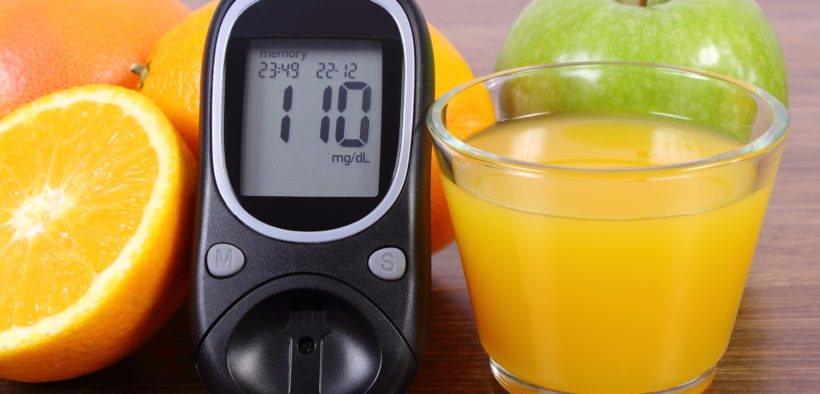Diabetes – Good Fats and Bad Fats – What you need to know

Extreme eating of anything can cause your body harm. But, when you have diabetes, you often find yourself spending a lot of your time thinking about sugars and carbohydrates before everything else. Yet, fats, an often ignored area, is a biggie you should be paying attention to especially if you have diabetes.
While too much of any fat is bad, some are worse than others, and bad fats can make diabetes harder to control. Learning how to recognize which are the good and bad fats when it comes to everyday foods can help you make smarter choices and improve your health considerably.
Why should diabetics watch their fat intake?
Let’s get something straight. Our bodies need fat. They make up the membranes that surround our cells, and they’re an essential source of energy. But as a person with diabetes, you’ll want to make sure that the fats in your food aren’t harming your health. Heart disease and stroke are the main cause of death for people with diabetes. The fats in your diet have a direct impact on your body and heart. The right type of fats can help lower your blood pressure, encourage healthy heart rhythms, and prevent blood clots, and can even aid in keeping your blood sugar under control.
Kinds of fats
Fats fall into three main categories, unsaturated, trans and saturated.
Unsaturated fats. Fats found in foods like avocados, fish, nuts, olive oil and others can boost your High-density Lipoproteins (HDL) cholesterol. These are the good fats, which help carry cholesterol from the rest of the body to be cleaned by the liver. They can also work to lower blood pressure and keep your sugar balanced. Especially helpful for the health of the brain and arteries, Omega 3 fatty acids unsaturated fats are something that the ADA recommends eating two to three times a week. But, here’s the catch. Just because they are good fats, doesn’t mean they are calorie-free, so you might need to watch your portion sizes much more carefully.
Trans fats
Trans fats or trans-fatty acids can be naturally occurring in the meat and dairy that comes from ruminant animals. They form when bacteria in these animals’ stomachs digest grass. While research has shown that consuming small amounts of this won’t harm you, artificial forms of trans fats can threaten your health.
Partially hydrogenated vegetable oils are the largest source of man-made trans fats. They are easily found in all kinds of processed foods. They will not only raise your bad cholesterol but also reduce your good cholesterol.
Saturated fats
Saturated fats contain a high level of saturated fatty acids. The types of fats can be found in meats and dairy products, including some oils like palm oil and coconut. Said to be bad for your heart health, too much of this can even end up clogging your arteries, increasing blood cholesterol levels and low-density lipoprotein (LDL) levels and giving you a heart attack.























